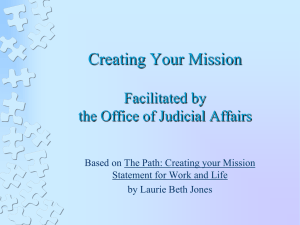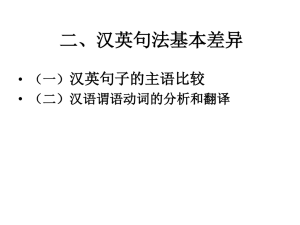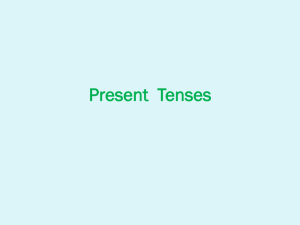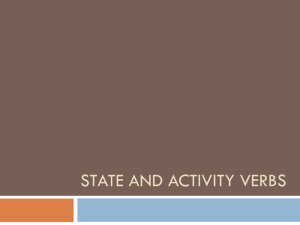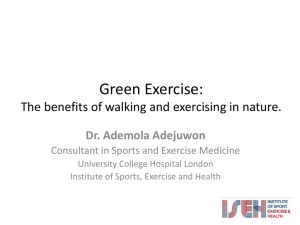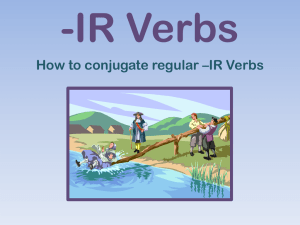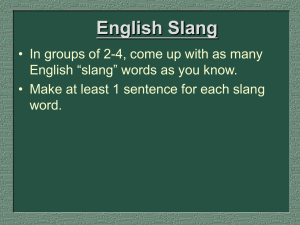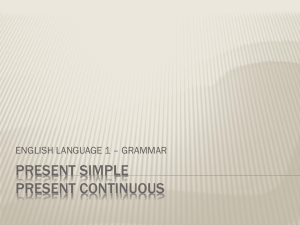Word Choice
advertisement
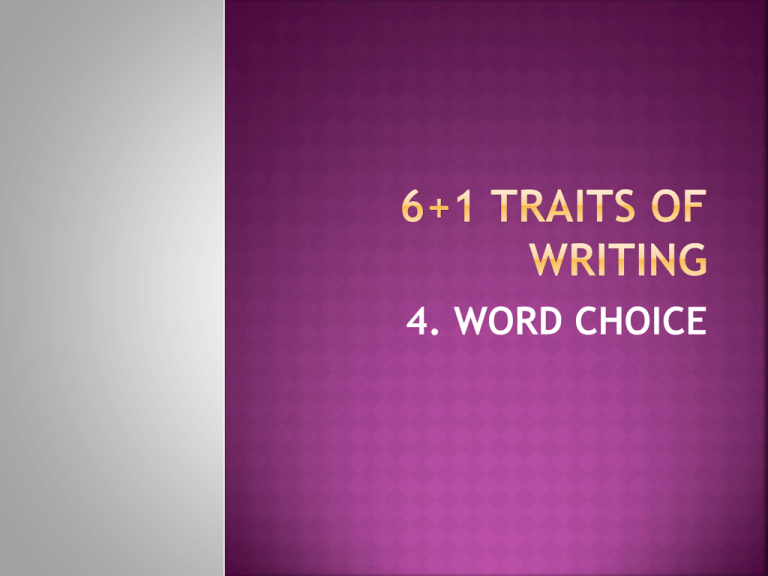
4. WORD CHOICE Word choice is the careful selection of words to fit the audience, topic, and purpose. Well-chosen words create vivid images and/or clarify meaning. Secrets to successful word choice: simplicity, use of powerful verbs, sensitivity to needs and knowledge of audience, and restraint. Aim for using the “just right” words that convey the message clearly. Be Slang –homie, crib, pimped, dunno, a buck, a-list, dammit, mackdaddy, mula, sell-out concise Avoid repetition Use words correctly Use powerful, action verbs Use specific, descriptive nouns and adjectives Use slang and clichés sparingly Use language that is natural and not overdone Use words that create a mental picture for the reader WALKING Make a list of all of the ways someone or something could be walking (example: scurried). Use any form of the verb (walk, walking, walked). How many variations on the work “walk” can you come up with in 1 minute After you have created a list, ad adverbs to the verbs (example: hurriedly, slowly) Compare these verb/adverb combinations with the simple word “walking”. Use strong vocabulary Use natural words Make good choices Use energetic verbs Use specific nouns Use effective words and phrases Minimal use of slang, cliches, and repetition Nice Pretty Big Really Fun Things/stuff A lot Neat Stupid boring Tired words Brainstorm at least 2 suggestions to replace each of these tired words. Replacement Words What does the following thought mean? “When promulgating your esoteric cogitations or articulating your superficial sentimentalities and amicable philosophical and psychological observations, beware of platitudinous ponderosity. Let your verbal evaporations have lucidity, intelligibility and veracious vivacity without rodomontade or thespian bombast. Sedulously avoid all polysyllabic profundity, pompous propensity and sophomoric vacuity.” --C.R., Syracuse, NY Never write to impress or you’ll end up with sentences like: “He cultivated his way into the kitchen” or “Our friendship was highly lucrative”. See what happened? In an attempt to use words that are bigger, these writers forgot to make sure they make sense! A thesaurus can be a good friend to a writer, but only if used sparingly and with thought. Denotation–literal meaning of a word (dictionary definition) Ex. Snake –a scaly, legless, sometimes venomous reptile Connotation–associations or emotional connections to words Ex. Snake –slimy, evil or danger Taking this into consideration, it is important to pay attention to your word choices because words can convey emotional connections or reactions that are either favourable or offensive. Positive Neutral Negative homeless people without homes Vagrants/hobos lady woman chick/ babe critter animal beast svelte/slim thin skinny/scrawny home house residence little one child brat The teacher was unreasonable/thoughtless/preposterous. That was an unwise/stupid mistake. Your child has a poor work ethic/is lazy. The homeless man/vagrant/hobo is in need/requires/could use/is entitled to a good/nourishing/gourmet meal. Directions: The sentences below contain vague, dull, and non-descriptive words. Choose 5 of the sentences, and rewrite each sentence using better word choice. Remove the vague vocabulary and replace it with words that are more precise and descriptive Example: The room did not smell good. Revision: The science lab reeked of something hideous and rotten. 1.The man went down the street. 2.She cooked a dessert. 3.The teacher said something to four boys. 4.The dog barked at something. 5.I was so happy. 6.The cat made a noise. 7.The child cried when he dropped his ice cream cone. 8.The man made a good meal. 9.The girl looked nice. 10.We were afraid when we looked down

